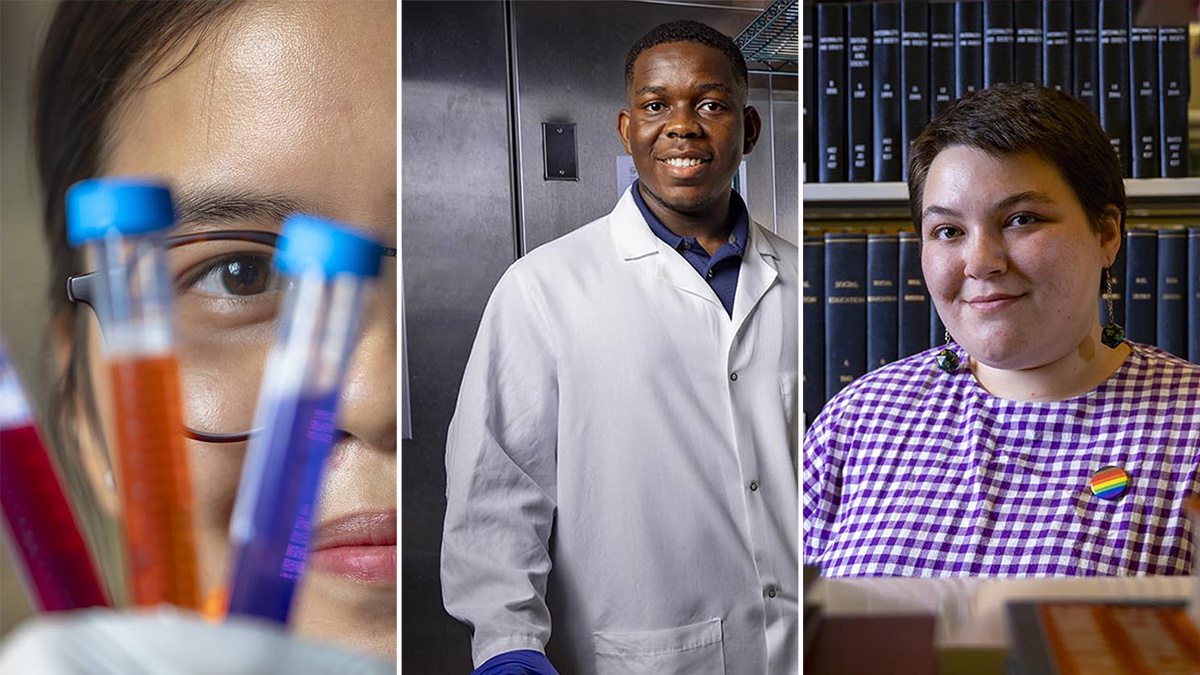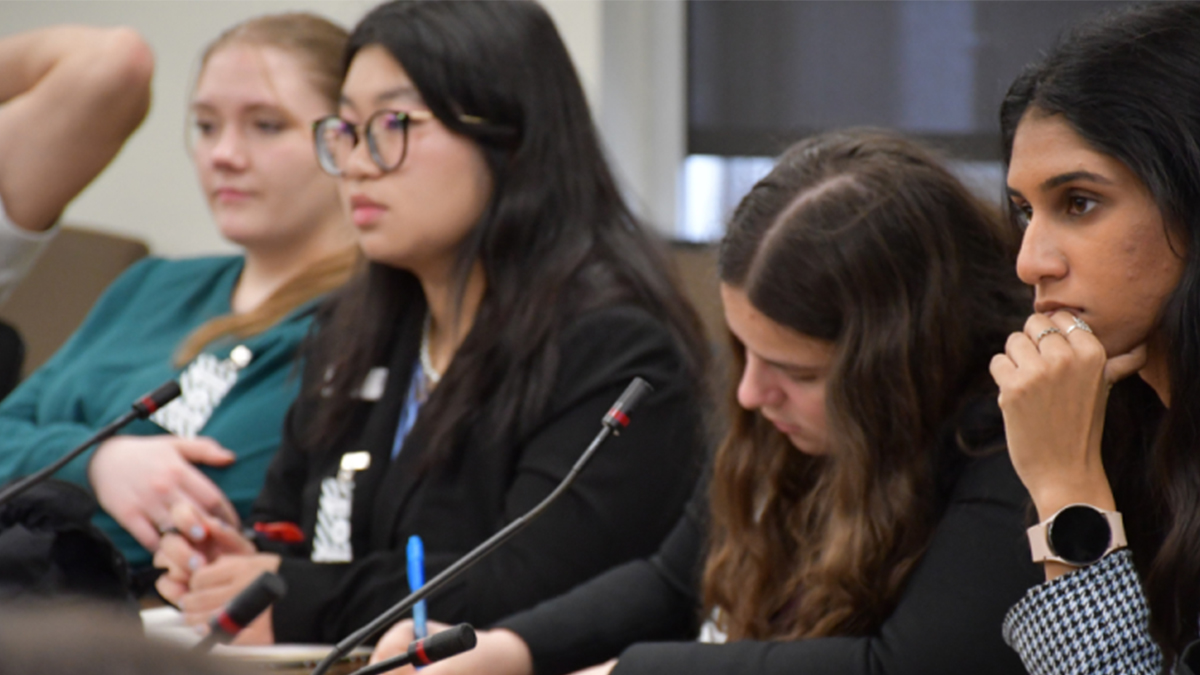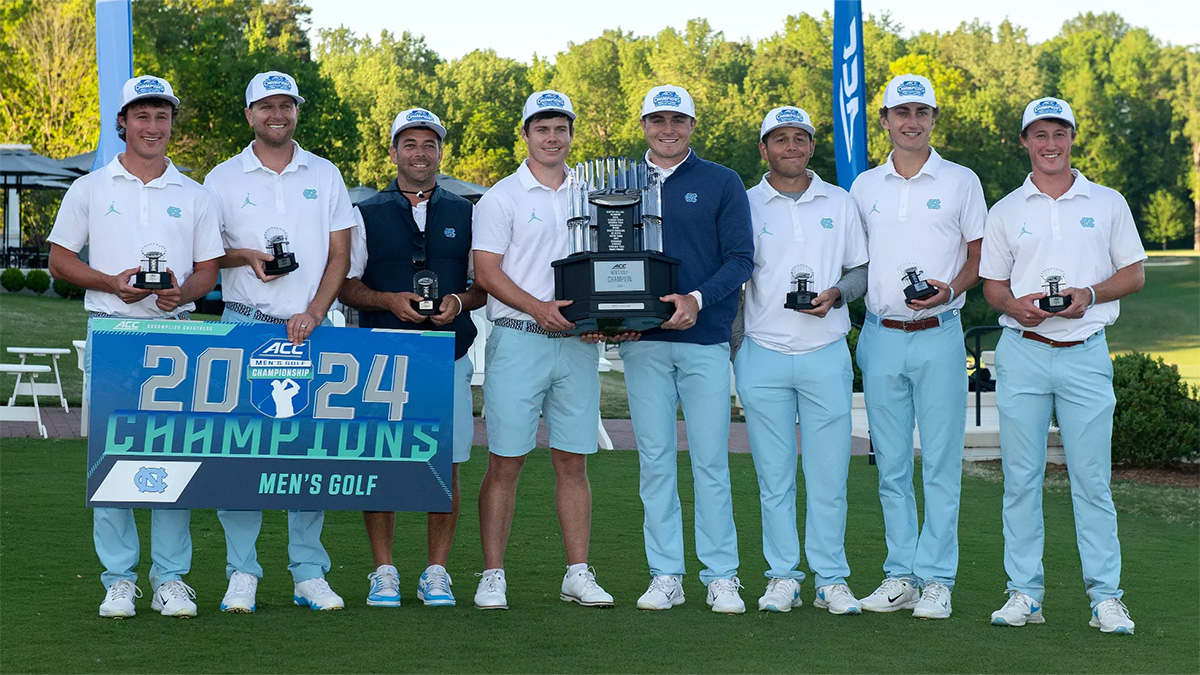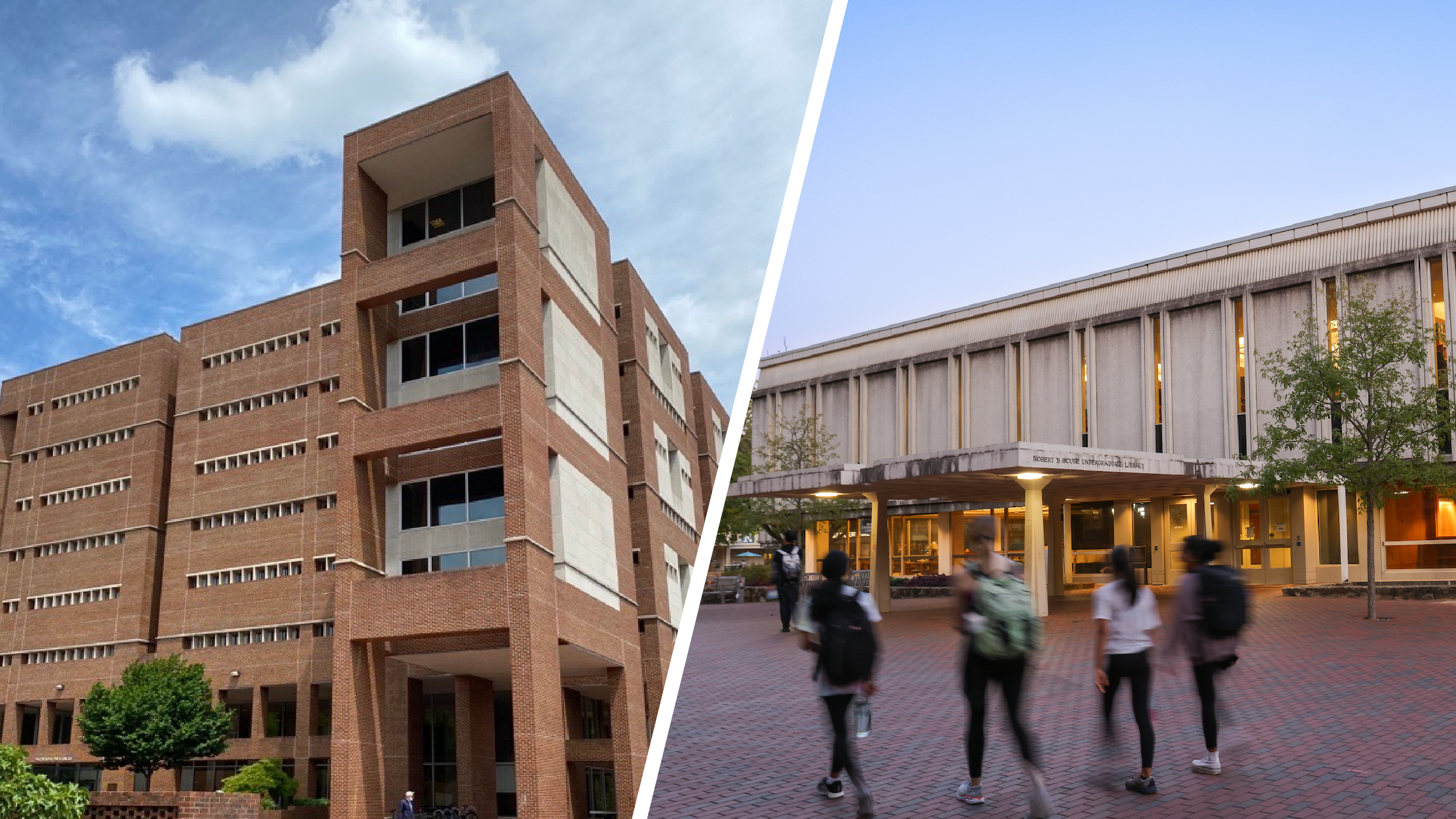They SURFed through summer
In the lab and in the field, Carolina’s Summer Undergraduate Research Fellows studied textile dyes, liver disease and book censorship.

On an otherwise quiet Carolina campus this summer, the 61 students who received a 2023 Summer Undergraduate Research Fellowship from the Office for Undergraduate Research were busy pursuing studies across multiple disciplines.
Meet three SURF researchers, all seniors in the UNC College of Arts and Sciences, who spent the summer working in labs, interviewing subjects and collecting data.
Jackqueline Nguyen
During her second semester at Carolina, Jackqueline Nguyen emailed several environmental health researchers, including Timothy Moran, an assistant professor who eventually offered her a research position in his School of Medicine lab. Moran, who studies how environmental exposures impact the development of allergic diseases and food allergies, suggested that Nguyen study the relationship between textile dyes and peanut allergies.
The suggestion inspired her summer research project about how dyes used in fast fashion and found in indoor dust may influence peanut allergy development in children. She hopes her research can help uncover interventions for these reactions.
“I am excited to learn about food allergy development because its prevalence has increased in the last couple of decades, which indicates that environmental factors may have a role in food allergy progression,” Nguyen said.
Jerald Whitley Jr.
The need for more Black representation in medicine is a driving force behind Jerald Whitley Jr.’s desire to become a doctor.
“Growing up, I never had a doctor who looked like me, and I want to change that for other kids,” he says. “I would be the first medical doctor in my family, something I would value deeply.”
Whitley works in associate professor Natasha Snider’s School of Medicine lab, which studies liver disease. This summer, he studied how development of chronic liver disease differs between males and females via a protein that helps repair the liver when it’s damaged.
Understanding how the protein affects sexes differently could help with the development of personalized treatments for people with liver diseases. “I am naturally curious and enjoy finding answers to questions that have yet to be solved,” he said.
Elias Horowitz
“As a queer and Jewish person who grew up in the South, to see books like ‘Lawn Boy’ or ‘Maus’ be banned or suggested to be banned in nearby states or challenged in my own was disappointing, angering and scary,” Elias Horowitz said.
Horowitz worked with adviser and teaching assistant professor William Goldsmith to create two lists: 25 notable queer books written for middle-school and young adult readers and 25 popular books with no LGBTQIA+ references.
Horowitz then searched for the books in Wake and Gaston counties’ public middle and high school libraries. Wake’s high schools have more than half the queer titles, but its middle schools have far fewer. Most of Gaston’s school libraries have less than half the queer titles.
Now that they know LGBTQIA+ centered books are underrepresented, “I hope to learn the depth of this representation and the steps that can be taken to fill the gaps,” Horowitz said.







